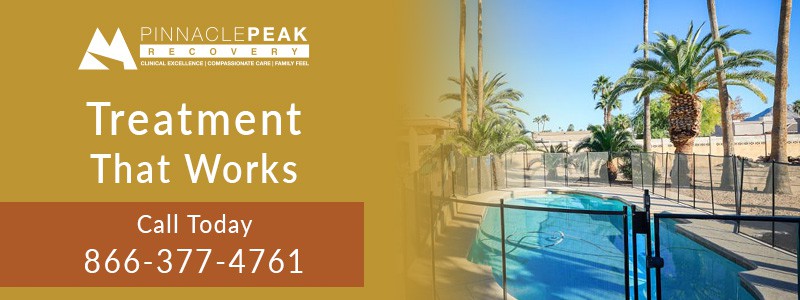When someone enters rehab for addiction, they need to meet with the staff for a formal diagnosis. After the meetings, many clients have a very specific question. What is dual diagnosis? To understand dual diagnosis, it’s important to first understand a little about co-occurring disorders.
What Are Co-occurring Disorders?

What Is Dual Diagnosis?
A dual diagnosis begins when a doctor or therapist figures out that a client suffers from a second mental illness. One big clue is when a client shows symptoms that aren’t consistent with pure addiction. Someone with a bipolar disorder will often get an “up” period. They become cocky and elated, which isn’t a normal part of withdrawal.
While addiction can happen with many mental illnesses, it’s common for people with:
- Depression
- Anxiety
- Personality disorders
The symptoms determine the path to the diagnosis. Sometimes, simply talking is enough to pin down the condition. In some cases, the client takes a personality test.
Self-Medication
Mental illness often affects mood or energy level. Individuals with high anxiety are often tense or can’t fall asleep. They turn to alcohol to help reduce that stress.
People with depression have low energy levels. They may turn to stimulants, like amphetamines, just to get through the day.
These individuals are self-medicating. They abuse drugs or alcohol to manage their symptoms. The problem is that the substances mask symptoms, but don’t treat the illness.
The brain is full of chemicals that keep a person mentally and emotionally stable. Those chemicals aren’t always balanced correctly in a person with mental illness. Adding alcohol or stimulants often throws those chemicals more out of balance. The illness gets worse and the person ends up with an addiction as well.
Treatment
Dual diagnosis treatment is often complicated. The person will need guidance and possibly medication for the mental illness. At the same time, he or she must address the addiction.
For clients that ask, “What is dual diagnosis,” odds are they didn’t know about their mental illness. It’s unlikely they got medication for it. That means doctors can explore prescription drugs, as well as talk, experiential, or holistic therapy.
Some clients come into a rehab program addicted to the prescription that their doctor prescribed to treat their mental illness. There are fewer options for these individuals. If a non-addictive alternative medication exists, a doctor might prescribe that. Otherwise, professionals will help the client find other, healthy ways to deal with symptoms.
To understand dual diagnosis, it’s important to understand that there are two mental illnesses involved. Each illness needs a different treatment. The dual diagnosis makes sure both illnesses get treated.
Don’t let addiction make your choices. You can overcome it with the help of a quality drug rehab. Call 866-377-4761 to start on your road to recovery.


